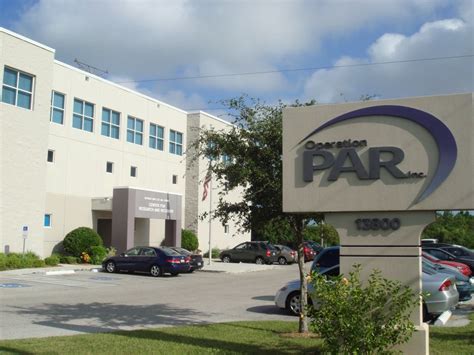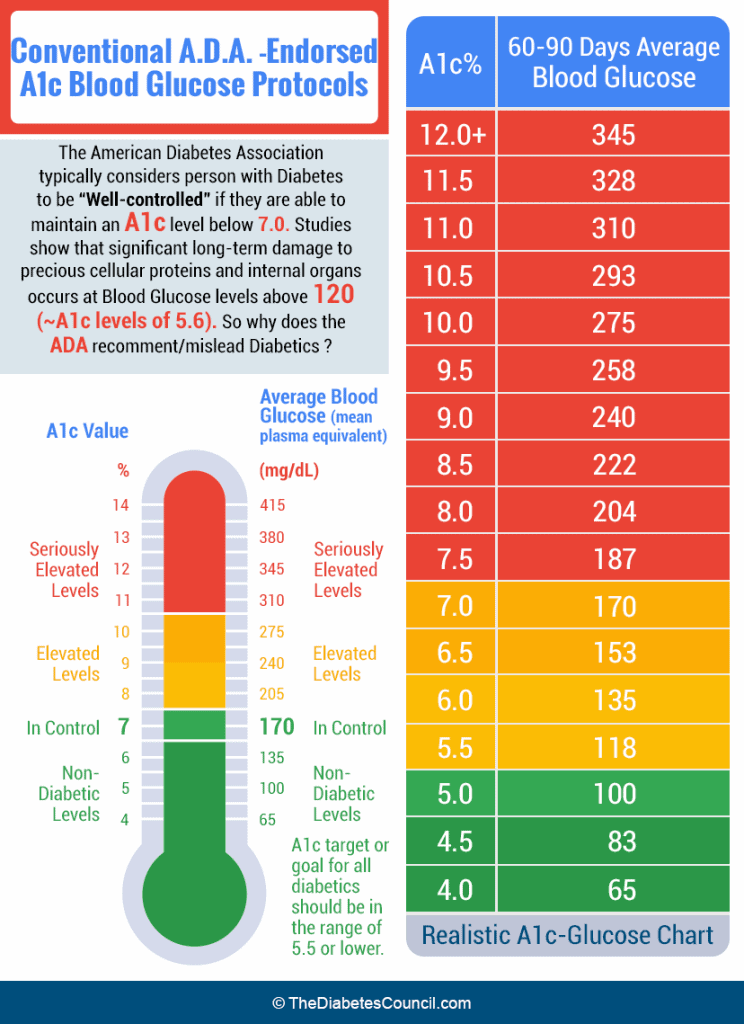What Is Amlodipine? Blood Pressure Solution

Hypertension, or high blood pressure, is a pervasive health issue affecting millions of individuals worldwide. It is a major risk factor for cardiovascular diseases, including heart attacks, strokes, and kidney disease. Managing blood pressure is crucial for maintaining overall health, and one of the most commonly prescribed medications for this purpose is amlodipine. But what exactly is amlodipine, and how does it help in controlling blood pressure?
Amlodipine belongs to a class of drugs known as calcium channel blockers. It works by relaxing the blood vessels so the heart does not have to work as hard to pump blood, thereby reducing blood pressure. This mechanism of action not only helps in lowering blood pressure but also reduces the risk of heart failure and stroke. Amlodipine is often prescribed as a first-line treatment for hypertension due to its efficacy and relatively mild side effect profile compared to other antihypertensive medications.
How Amlodipine Works
The primary function of amlodipine is to inhibit the influx of calcium ions into vascular smooth muscle and cardiac muscle during membrane depolarization of cardiac and vascular smooth muscles. This inhibition of calcium influx leads to vasodilation, which is the widening of blood vessels. As a result, there is a decrease in blood pressure because the heart has less resistance to push against when pumping blood through the body.
Moreover, amlodipine has a beneficial effect on the coronary arteries, improving blood supply to the heart muscle itself. This makes it particularly useful for patients with angina pectoris, a condition characterized by chest pain due to reduced blood flow to the heart. By reducing blood pressure and improving coronary blood flow, amlodipine plays a significant role in the management of cardiovascular diseases.
Benefits of Amlodipine
Effective Blood Pressure Control: Amlodipine is highly effective in reducing and controlling blood pressure. It is especially useful for patients who have not responded well to other types of antihypertensive medications.
Cardiovascular Protection: Beyond its antihypertensive effects, amlodipine offers protection against cardiovascular events such as heart attacks and strokes. Its ability to improve blood supply to the heart and reduce the workload on the heart muscle contributes to this protective effect.
Improved Quality of Life: By managing hypertension and reducing the risk of cardiovascular events, amlodipine can significantly improve the quality of life for individuals with high blood pressure. It allows for better physical performance and reduces the symptoms associated with hypertension.
Convenience of Use: Amlodipine is typically taken once a day, which makes it easy to incorporate into a daily routine. This simplicity can improve adherence to medication regimens, ensuring that blood pressure remains under control.
Potential Side Effects and Considerations
While amlodipine is generally well-tolerated, it can cause side effects in some individuals. The most common side effects include edema (swelling of the ankles, feet, and hands), dizziness, headache, and fatigue. In rare cases, amlodipine may cause more severe side effects, such as allergic reactions or changes in heart rhythm. It is essential for patients to discuss their medical history, including any pre-existing conditions and medications they are currently taking, with their healthcare provider before starting amlodipine.
Interactions with Other Medications
Amlodipine can interact with other medications, which may alter its effectiveness or increase the risk of side effects. For example, grapefruit and grapefruit juice can increase the levels of amlodipine in the blood, potentially leading to increased side effects. Similarly, certain antifungal medications, like itraconazole, can increase amlodipine levels. It is crucial for patients to inform their healthcare providers about all the medications they are taking, including over-the-counter drugs and supplements, to avoid harmful interactions.
Conclusion
Amlodipine is a valuable medication in the management of hypertension and associated cardiovascular risks. Its efficacy, safety profile, and once-daily dosing make it a preferred choice for many patients. However, like all medications, it should be used under the guidance of a healthcare professional, with careful consideration of potential side effects and interactions with other drugs. By understanding how amlodipine works and its benefits, individuals can better manage their blood pressure and reduce their risk of cardiovascular disease, leading to a healthier and more fulfilling life.
What are the common side effects of amlodipine?
+The most common side effects of amlodipine include edema, dizziness, headache, and fatigue. In rare cases, it may cause more severe side effects such as allergic reactions or changes in heart rhythm.
How does amlodipine interact with other medications?
+Amlodipine can interact with other medications, such as grapefruit and certain antifungal drugs, which may increase its levels in the blood and potentially lead to increased side effects. It is essential to inform healthcare providers about all medications being taken.
What are the benefits of using amlodipine for blood pressure management?
+Amlodipine is effective in reducing and controlling blood pressure, offers cardiovascular protection, improves quality of life, and is convenient to use due to its once-daily dosing regimen.
In conclusion, amlodipine is a significant advancement in the treatment of hypertension, offering a safe and effective means of controlling blood pressure and reducing the risk of cardiovascular diseases. Its role in modern medicine underscores the importance of ongoing research and development in pharmacology, aimed at improving patient outcomes and enhancing the quality of life. As with any medication, it is crucial for patients to work closely with their healthcare providers to ensure that amlodipine is used effectively and safely, as part of a comprehensive approach to managing hypertension and promoting overall cardiovascular health.



